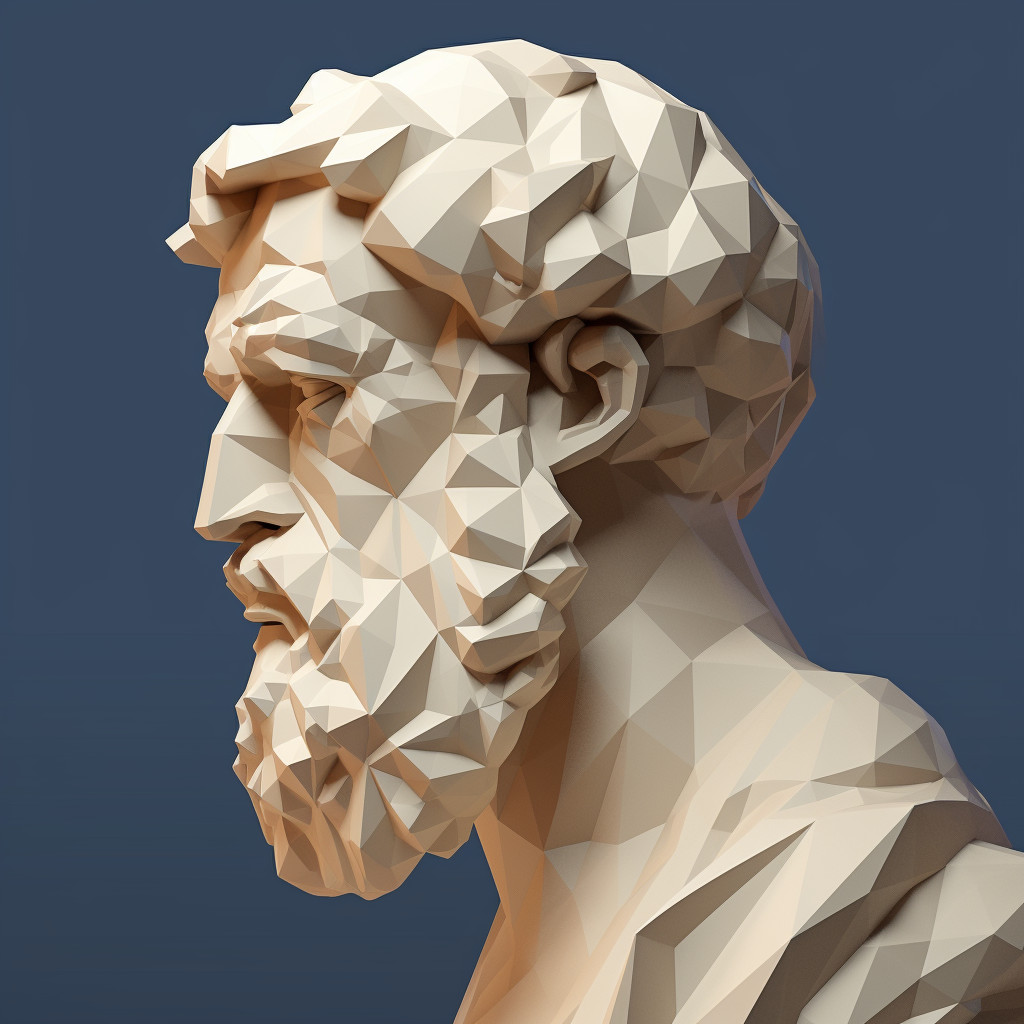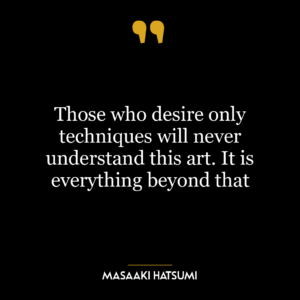This quote encapsulates the dual aspects of human nature: desire and intellect, and positions them as the driving forces behind our actions. Desire represents our emotional and instinctual cravings, our passions, and our wants. Intellect, on the other hand, represents our reasoning and logical thinking, our ability to plan and strategize. According to this quote, every action we take is a result of the interplay between these two aspects.
The idea is that we are not purely emotional beings driven by our desires, nor are we purely rational beings driven by logic and reason. Instead, we are a blend of both, and our actions are born from this union. For instance, you might desire to eat a piece of cake (desire), but your intellect might tell you that it’s not healthy to do so (intellect). The action you take (whether to eat the cake or not) will depend on the interplay between these two forces.
In today’s world, this idea can be applied in various ways. In personal development, understanding this dual nature can help us make better decisions and improve our actions. For instance, if we find ourselves constantly driven by our desires, we might need to strengthen our intellect to balance out. This might involve improving our critical thinking skills, learning to think more logically, or practicing mindfulness to better understand our desires.
On a societal level, this idea can help us understand and navigate the complexities of human behavior. For instance, understanding that people are driven by both desire and intellect can help in fields like marketing, where you need to understand consumer behavior, or in politics, where you need to understand voter behavior.
In conclusion, this quote is a reminder of our complex nature as human beings. It encourages us to acknowledge and understand both our emotional and rational sides, as they together shape our actions and ultimately, our lives.









